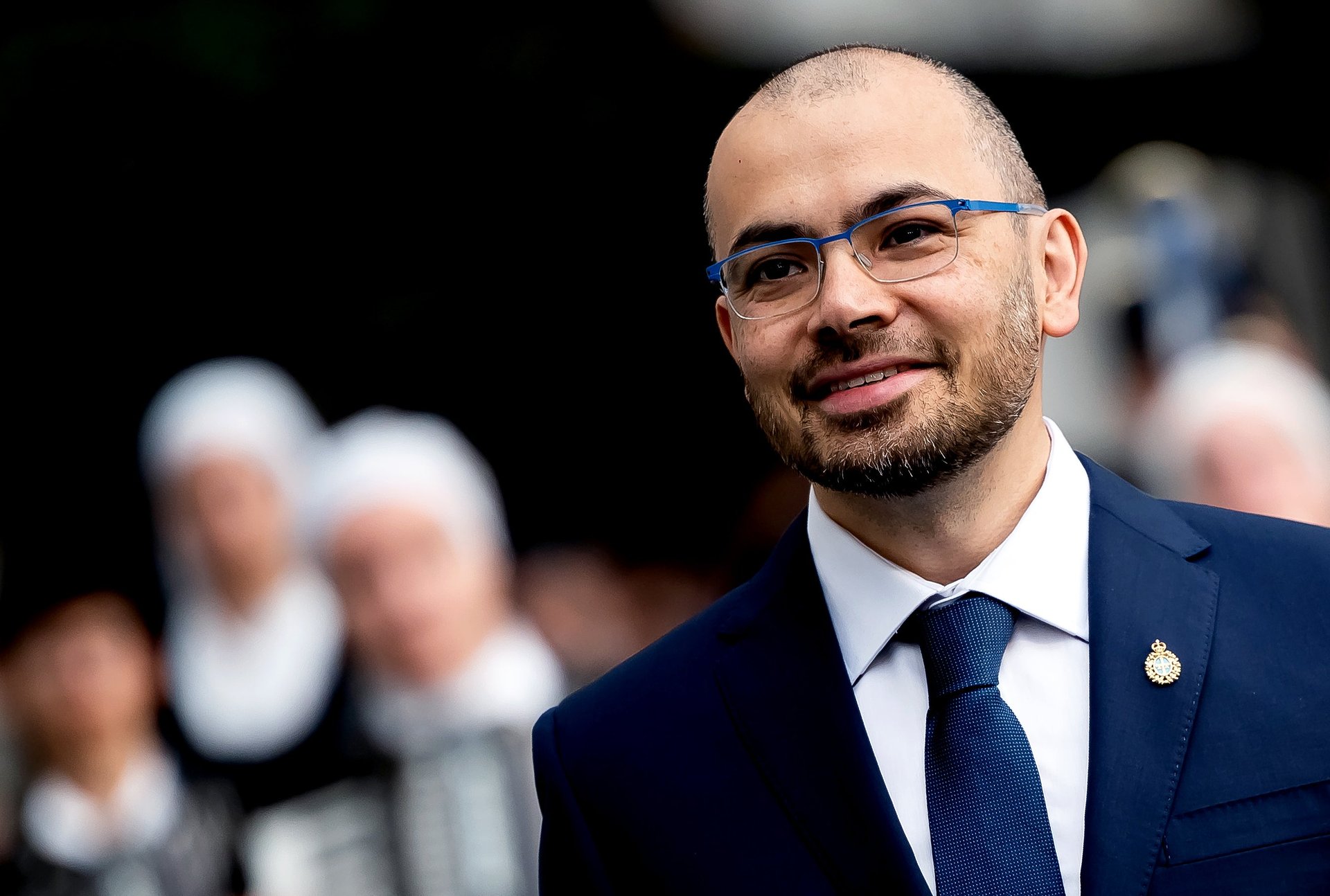Google will spend more than $100 billion on AI, exec says
Just last month, Google DeepMind CEO Demis Hassabis said the billions of dollars being poured into AI is reminiscent of the cryptocurrency hype

After comparing the billions of dollars going into AI development to crypto hype, Google’s AI chief executive said Monday the company will spend over $100 billion over time to develop AI technology.
Suggested Reading
Demis Hassabis, chief executive of Google DeepMind, talked about the tech giant’s investment into AI during a TED conference in Vancouver on Monday, where he was asked about OpenAI’s and Microsoft’s reported plans for a U.S.-based data center referred to as “Stargate,” Bloomberg reported. The data center would house a supercomputer made up of millions of AI chips, and could cost up to $100 billion, The Information reported, citing unnamed sources.
Related Content
“We don’t talk about our specific numbers, but I think we’re investing more than that over time,” Hassabis said in response to the question about Stargate. He didn’t offer further details on Google’s spending plans, Bloomberg reported. Hassabis, who co-founded AI startup DeepMind in 2010 before it was acquired by Google in 2014, reportedly added that Google parent Alphabet has better computing power than its rivals, including Microsoft.
“That’s one of the reasons we teamed up with Google back in 2014, is we knew that in order to get to AGI we would need a lot of compute,” Hassabis said. Artificial general intelligence (AGI) is the point at which AI reaches human-level knowledge across a range of tasks. “Google had and still has the most computers,” Hassabis said.
In March, Hassabis told the Financial Times that the billions of dollars being poured into AI is reminiscent of crypto hype, and is taking attention away from the “phenomenal” science and research behind its development.
The investment into AI “brings with it a whole attendant bunch of hype and maybe some grifting,” he said, comparing it to crypto and similar areas, adding that the sentiment “has now spilled over into AI, which I think is a bit unfortunate.”
However, Hassabis said he thinks the industry is “only scratching the surface” of what is possible. “We’re at the beginning, maybe, of a new golden era of scientific discovery, a new Renaissance,” he said.
